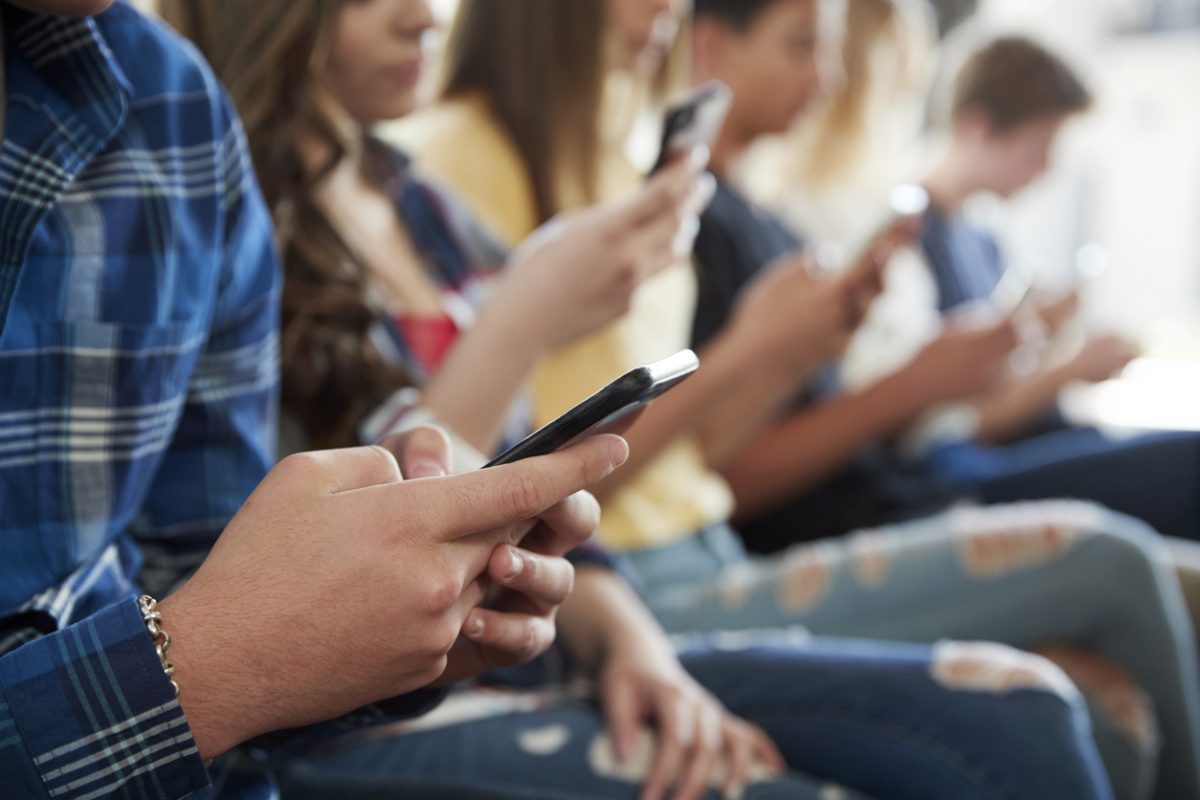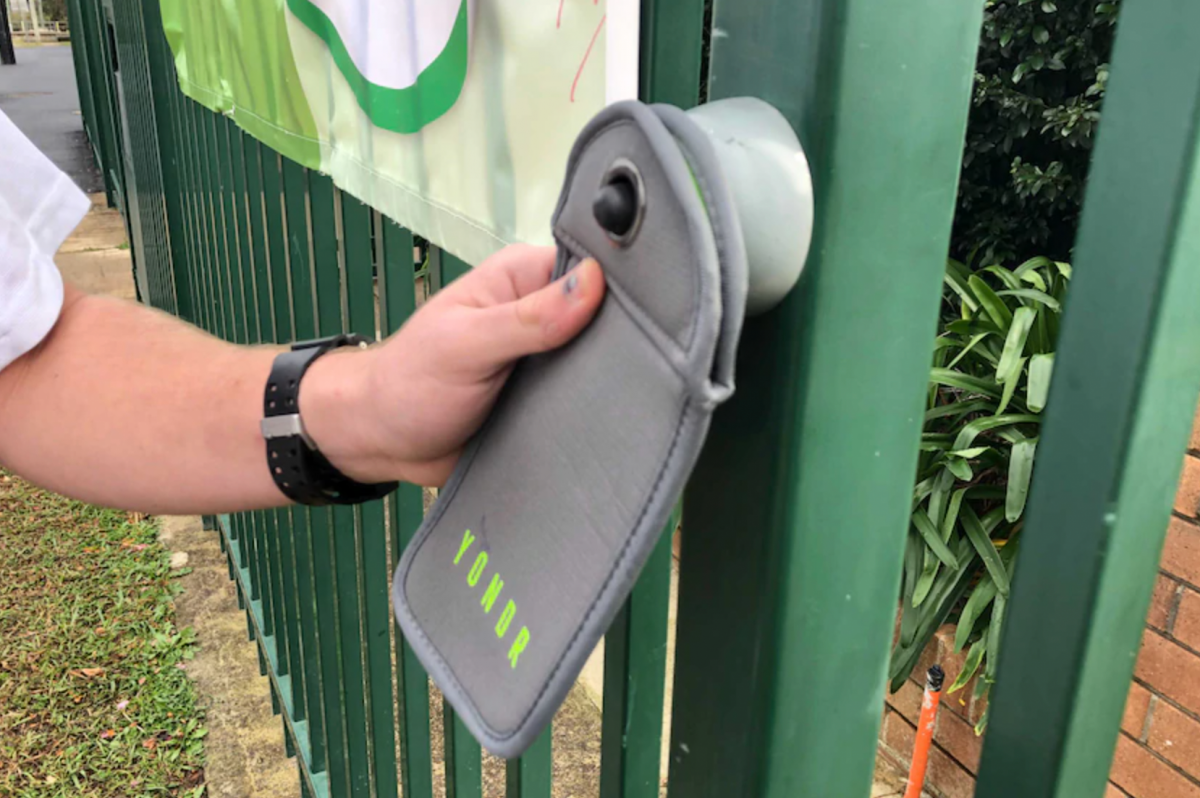
From October, students in NSW public schools will be banned from using phones in classrooms and during break periods. Photo: File.
Mobile phones will be banned in NSW public high schools from Term 4, the newly elected Labor government announced on Monday (3 April), following through on one of its election promises to tackle screen-related addictions in young people.
“The statistics are in. We know that kids who are in schools that have a mobile phone ban in place are getting better test results. There’s more social interaction at school. There’s more physical interaction at school,” NSW Premier Chris Minns said yesterday.
“We think it’ll make a big difference, and we want to make sure NSW students aren’t falling further behind their interstate cohorts.”
Schools will be left to decide how they wish to implement the ban.
“We’re going to leave that up to the school communities,” Mr Minns said, citing a central locker or pouches as examples of easy solutions already applied by some NSW schools.
Yass High School has banned mobile phones since Term 1 of 2021. The phones are locked in Yondr pouches, which have been widely used in the UK and US and are gaining popularity in Australia.
The pouches were introduced at Yass High School after its previous “off and away” policy was not enough to reduce phone usage in the classroom and the playground, Principal Linda Langton told Region last year.

Yass High School introduced lockable Yondr pouches to create a phone-free space. Photo: NSW Education.
The new policy was generally well received by parents, and even students warmed to it, even though before the introduction of the pouches, “teachers were reporting disruptions to learning, mainly because students were using their phones in class,” she said.
Yass High School well-being coordinator Teresa Baines agreed: “I even have students who physically hand their phones to me to be locked … it takes away that pressure and anxiety, and they are much better students.”
The ban has led to a marked improvement in behaviour and a reduction in cyberbullying and has encouraged students to be more active in the playground rather than sitting on their phones.
“Our suspension data has dropped immensely … we had over 100 suspensions in a year, and now that’s under 80 at the same time the school has been growing,” Ms Langton said.
Mobile phones have already been banned in primary schools in NSW and high schools in Victoria, Western Australia, South Australia and the Northern Territory, with similarly positive results.
Currently, the official policy in the ACT is that mobile phones are permitted in public high schools.
Education Minister Yvette Berry has not shown strong support for a mobile phone ban, siding more with the argument that phones are an important tool for both school and work, given the ubiquity of technology in modern society.
An Education Directorate spokesperson told Region: “ACT public schools use a wide variety of technologies, including smartphones, in innovative ways to support learning.”
For example, students may use smartphones and other devices to help deliver a presentation or collect notes – applications that can be useful for working life.
“Students may use a virtual reality application on a smartphone with the headset as part of an interactive project in class, or may make use of the light, mobile aspect of the smartphone or device by using them to take photos or to access appropriate learning apps for travelling class assignments.
“Personal electronic devices such as smartphones are a common part of modern society and we need to build an understanding with our young people about the appropriate use of these devices in different contexts,” the spokesperson added.
“What is important is the way these devices are used, rather than the devices themselves.”
However, there are concerns that mobile phones may not be welcome in the classroom and that ACT schools need the government to take the lead on enforcing a ban.
“We know that mobile phone usage in ACT schools [have] a direct impact on learning outcomes,” Patricia Falcetta, committee president of the Association Of Parents and Friends of ACT Schools, told Region.
“Access to phones is a distraction to learning. For schools to be able to successfully implement any ban or restrictions is tricky territory without appropriate support and guidelines from government.”
Ms Falcetta also believes there is a potential risk to students’ well-being if mobile phone usage is not regulated in schools.
“From a cybersecurity point of view, we know that access to phones unsupervised increases the risks associated with bullying as well as predators having access to minors,” she said.
“There are incidents regularly where fights are filmed by students and posted onto platforms such as TikTok and Snapchat. There are obvious security concerns around this, plus concerns around impacts on the individuals’ mental health.”



















